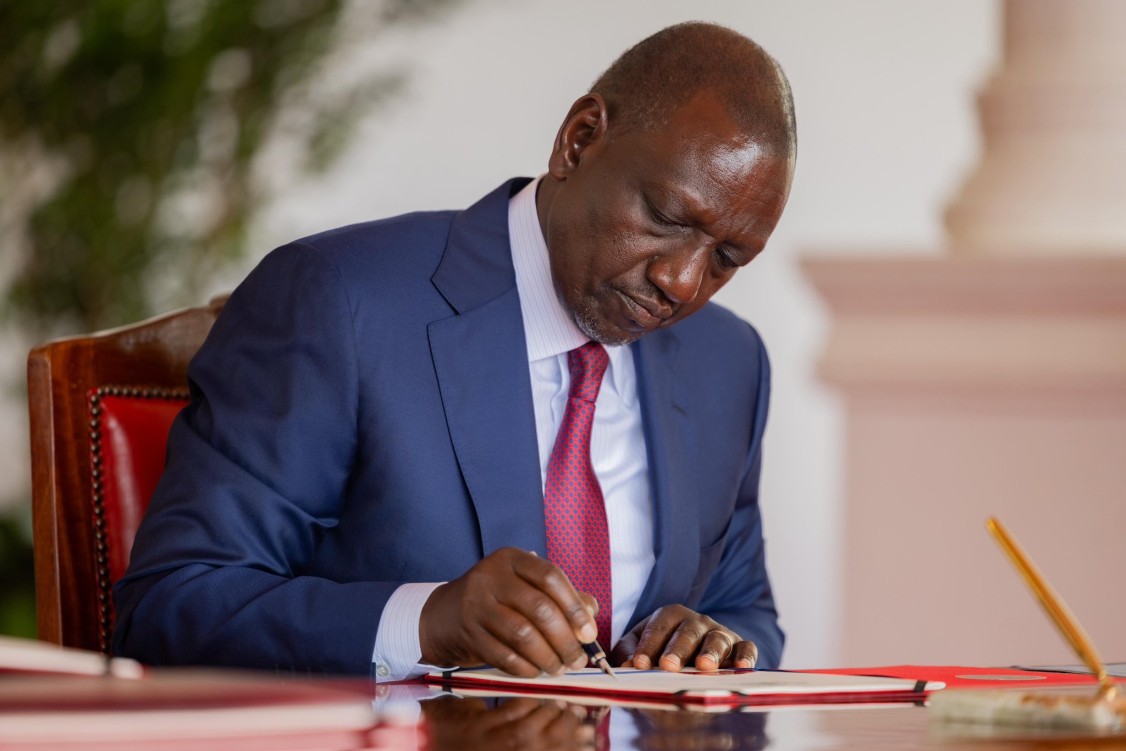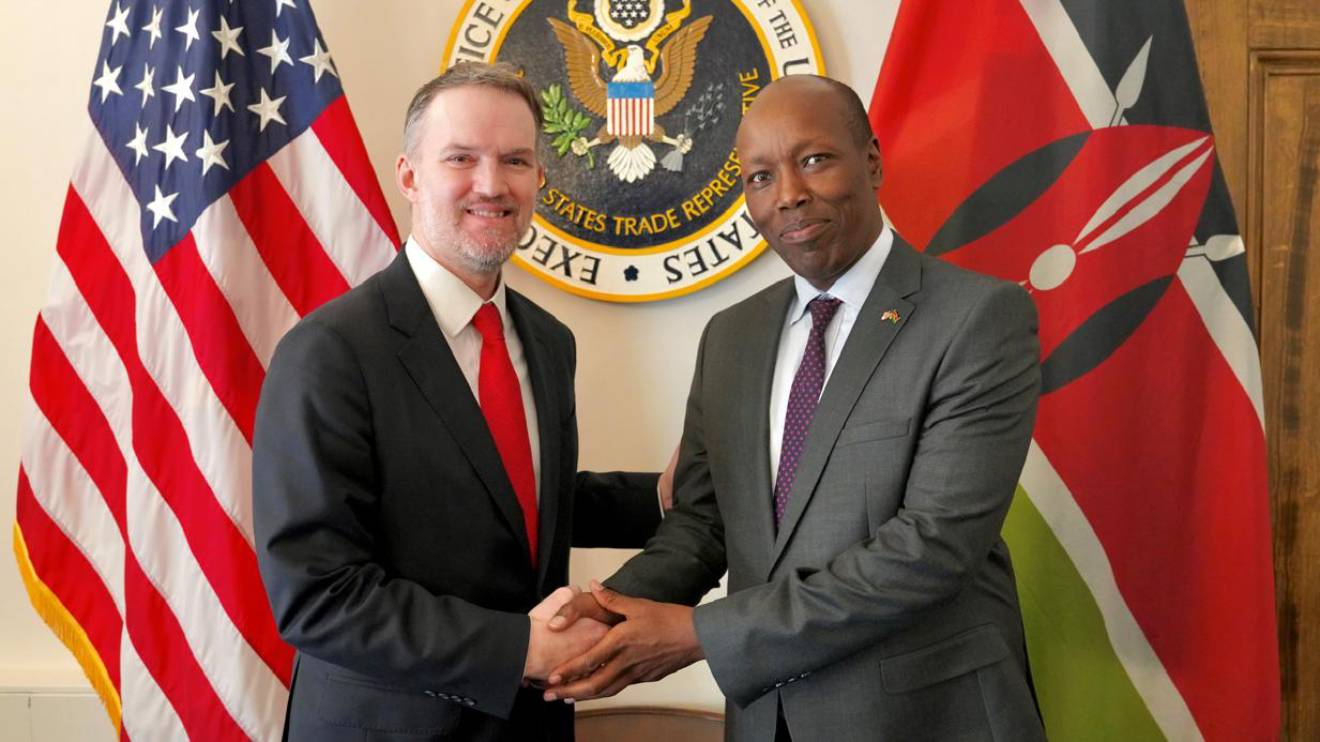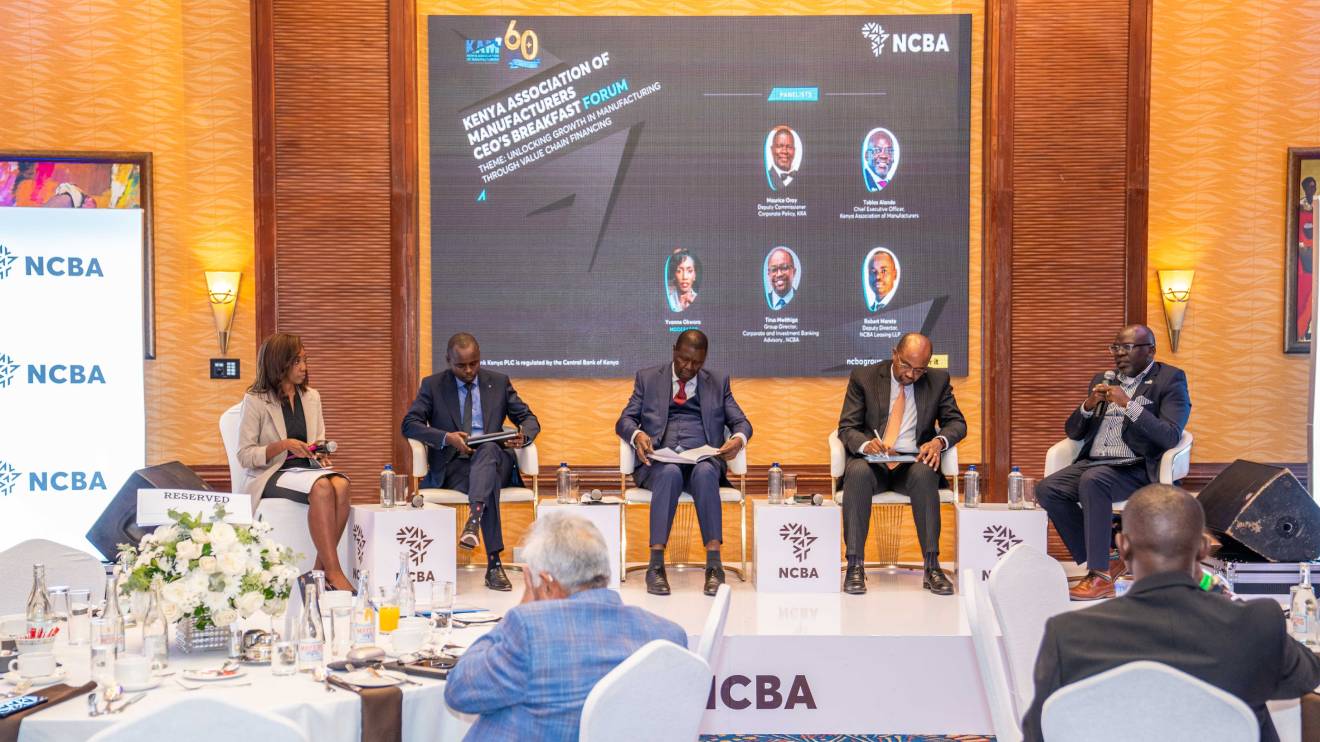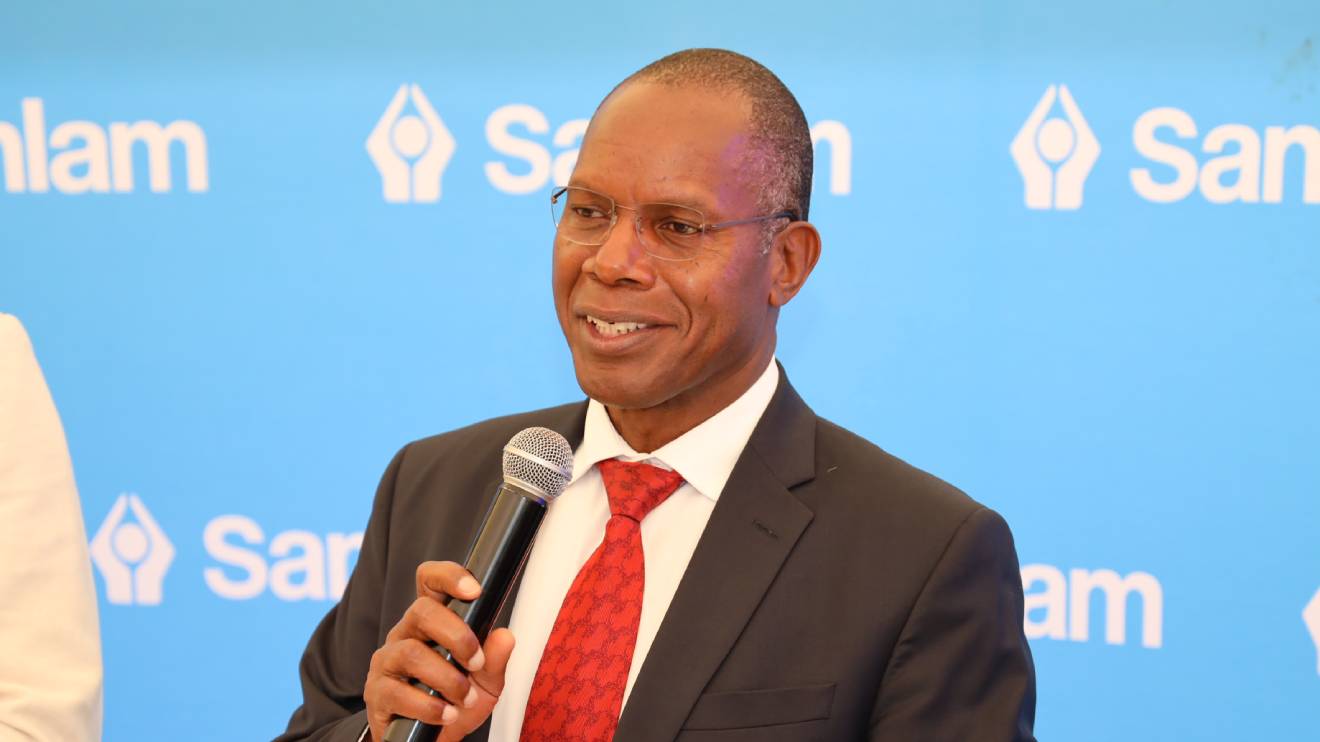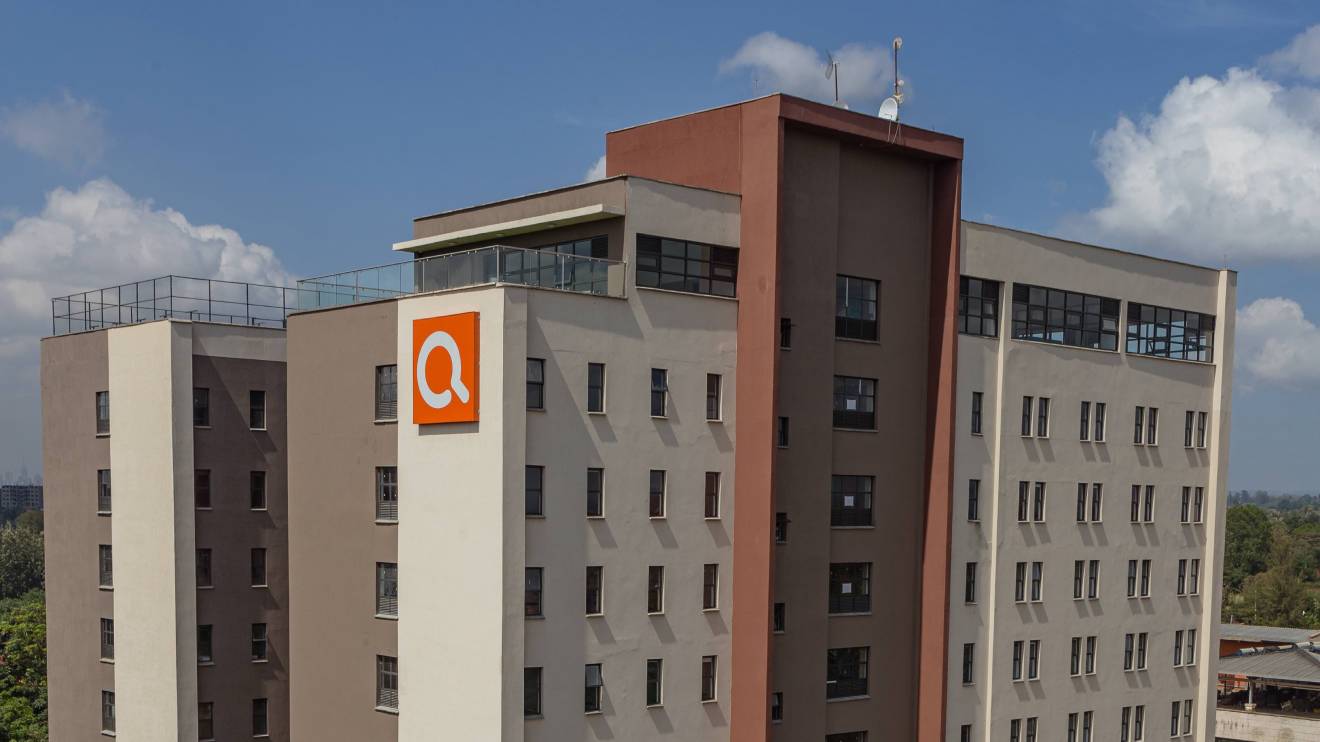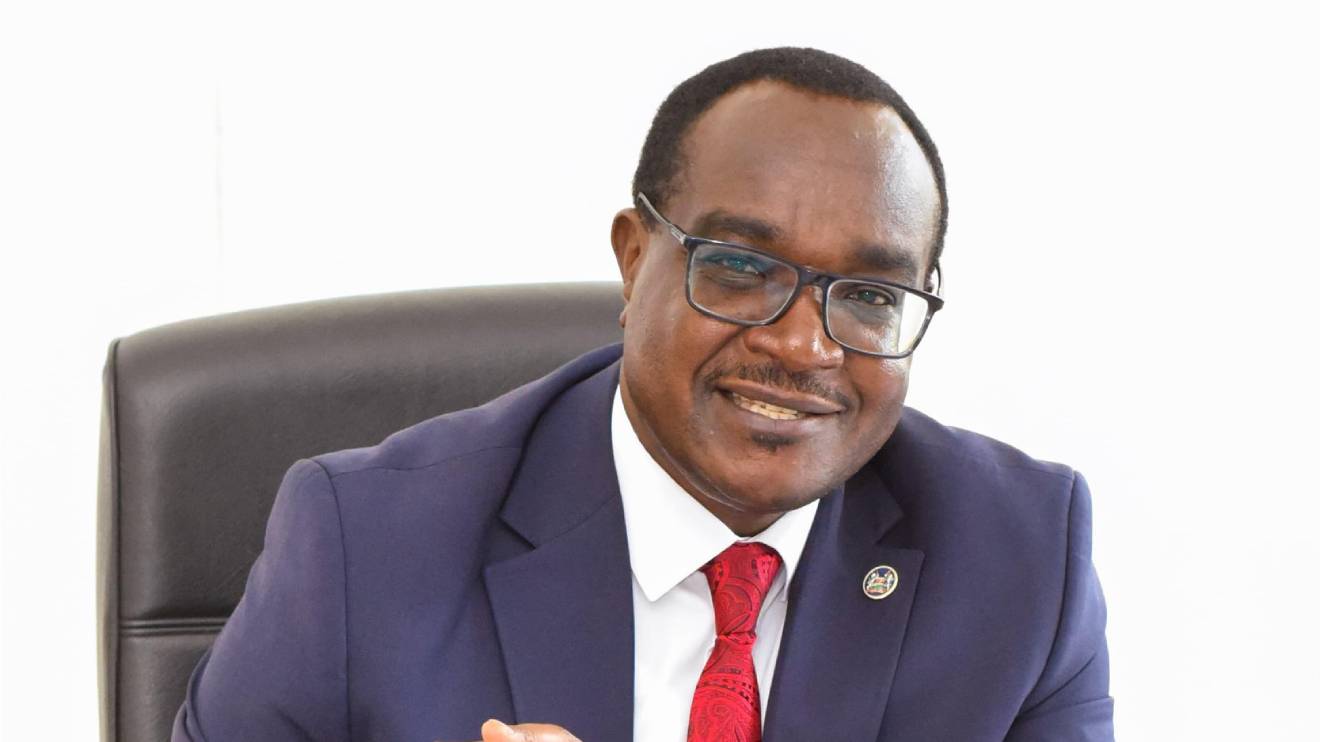President William Ruto on Tuesday signed the Anti-Money Laundering and Combating of Terrorism Financing Laws (Amendment) Bill, 2025, and the Insurance Professionals Bill (National Assembly Bills No. 13 of 2024) at State House, Nairobi, in a move aimed at enhancing oversight in Kenya’s financial and insurance sectors.
The amended anti-money laundering law is aimed at closing loopholes that have enabled the movement of illicit funds through property transactions and the use of shell companies.
It also strengthens Kenya’s legal framework for addressing terrorism financing and proliferation financing.
Speaking after signing the two Bills, the President described the measures as part of broader reforms to uphold financial integrity.
“Kenya is keen on pursuing reforms that cement our position in the region as a leader in financial integrity and regulatory reform,” Ruto stated.
Read More
He added that the anti-money laundering law would address weaknesses in the financial system.
“The signing of the Anti-Money Laundering and Combating of Terrorism Financing Laws (Amendment) Bill 2025 reinforces this vision by sealing gaps that facilitate illicit financial flows via property transactions and the use of shell companies,” he said.
He also confirmed the enactment of both Bills at the State House ceremony.
“At State House, Nairobi, assented to the Anti-Money Laundering and Combating of Terrorism Financing Laws (Amendment) Bill, 2025. Also signed the Insurance Professionals Bill (National Assembly Bills No. 13 of 2024) that will enhance the standards of service and promote professionalism in the industry,” he said.
The Anti-Money Laundering Bill was first passed by the National Assembly on April 16, 2025.
However, the President returned it with reservations. Parliament reconsidered and approved it with amendments on June 3, 2025, after addressing all concerns raised by the Head of State.
Ten Acts of Parliament have been revised under the new law.
These include the Proceeds of Crime and Anti-Money Laundering Act, the Prevention of Terrorism Act, the Betting, Lotteries and Gaming Act, the Retirement Benefits Act, the Mining Act, the Sacco Societies Act, the Accountants Act, the Estate Agents Act, the Certified Public Secretaries of Kenya Act, and the Public Benefits Organisations Act.
The amendments were introduced to fix technical compliance gaps flagged by the Eastern and Southern Africa Anti-Money Laundering Group (ESAAMLG) and the Financial Action Task Force (FATF).
The changes are expected to improve Kenya’s international credibility and attract more foreign direct investment.
Officials also expect that increased regulation in sectors such as real estate and mining will expand the country’s tax base and boost domestic revenue by bringing more informal economic activities into the formal system.
The Insurance Professionals Bill, signed alongside the anti-money laundering legislation, creates a legal framework to regulate conduct in the insurance industry.
It sets out requirements for registration, monitoring, and disciplinary action against insurance practitioners.
The law establishes several new oversight bodies.
These include a Registration Committee that will issue practising certificates, monitor professional standards, and recommend disciplinary inquiries where needed.
It also creates the Insurance Institute of Kenya, which will serve as the lead organisation for professional regulation in the sector.
In addition, the Insurance Professionals Examinations Board will be responsible for administering professional exams, and a Disciplinary Committee has been set up to deal with cases of misconduct.
The law outlines acts that amount to professional misconduct and encourages continuous professional development, aiming to protect consumers, improve public trust, and raise overall standards in the insurance sector.

